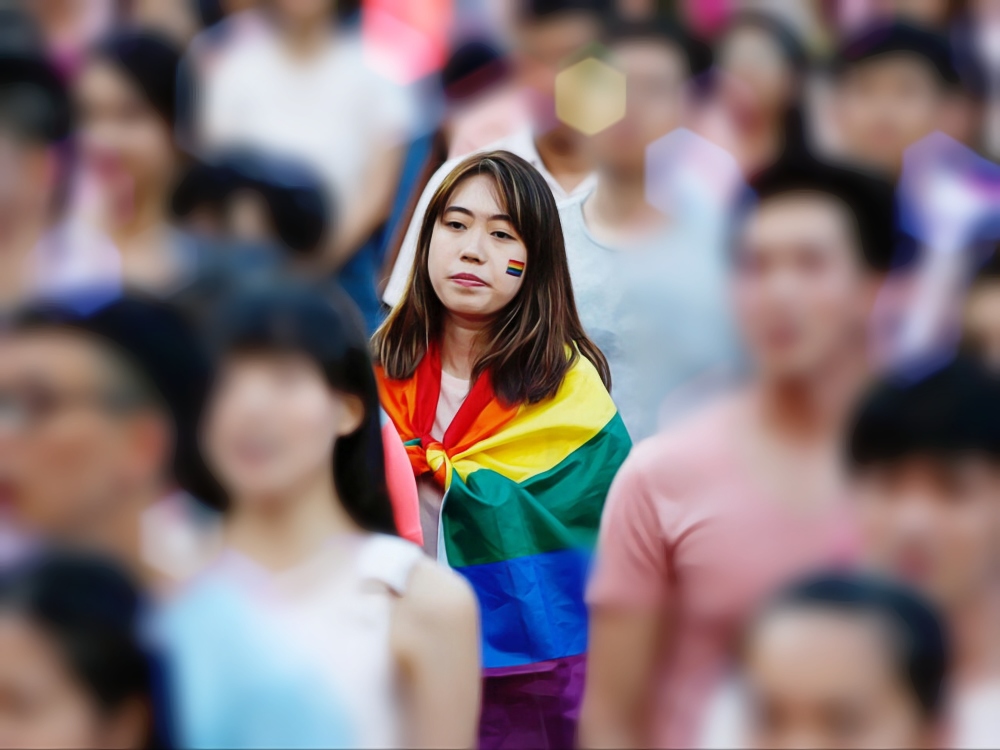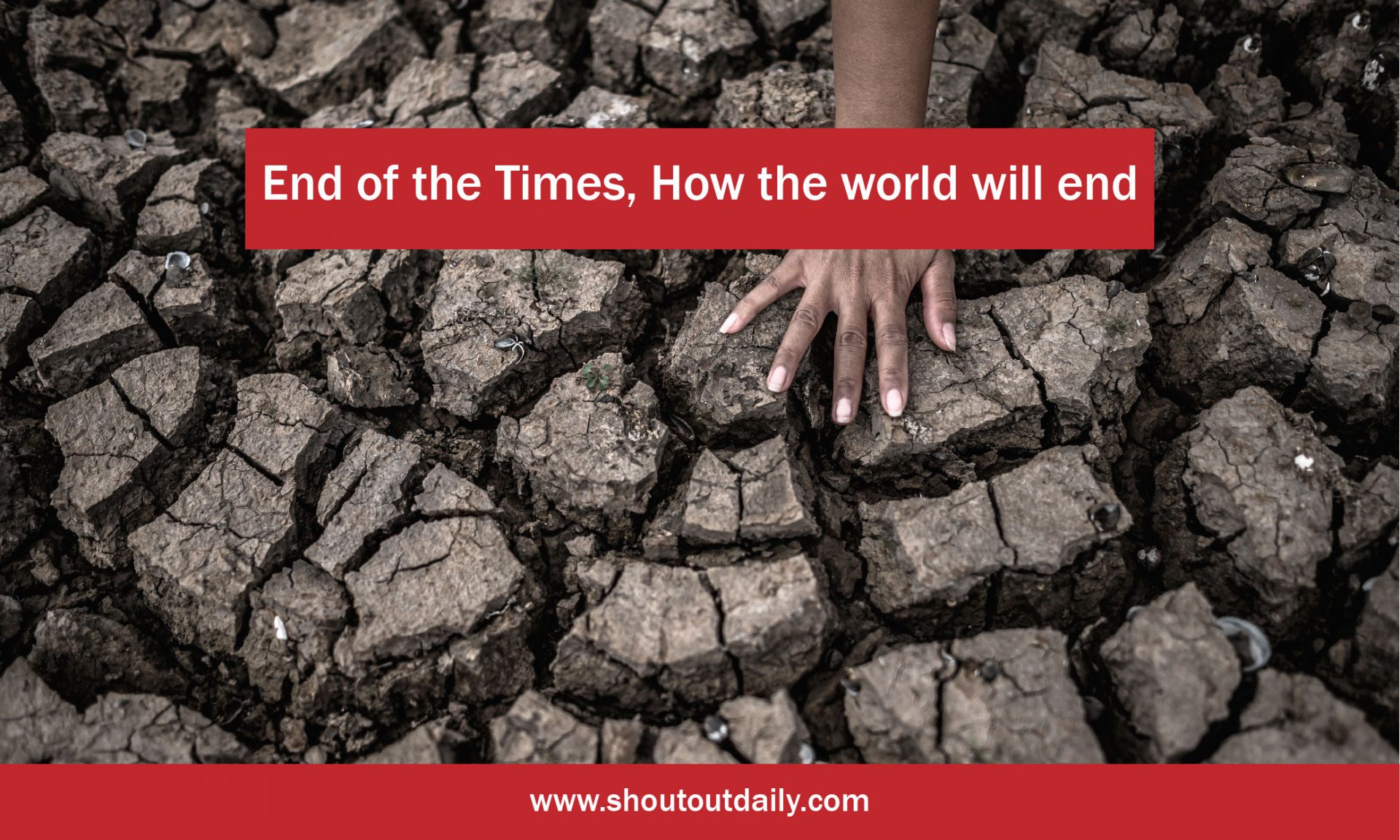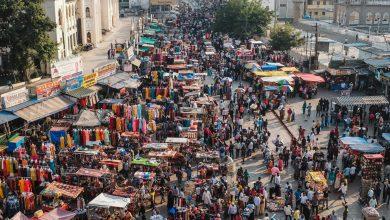LGBT: Exploring LGBT Impact on Society

Lesbian, gay, bisexual, and transgender (LGBT) has been a hotly debated topic for decades. While some countries have made significant progress in advancing LGBT rights, others still struggle to protect the basic human rights of LGBT individuals.
There are several versions of LGBT, including those that reverse the letters, such as LGBT+, LGBTQIA, and LGBTQIA+. Lesbian, gay, bisexual, transgender, intersex, queer/questioning, asexual, and many other terms (including non-binary and pansexual) are collectively referred to as LGBTIQA+.
The issues surrounding LGBT rights are complex, and they impact a variety of areas in society. This article will explore the problems, issues, and challenges associated with LGBT, as well as trends in the West, culture and religious misfits, the future, and where we are heading.
Rainbow Flag
The rainbow flag represents a symbol of the LGBTQ+ community, and it has become one of the most recognizable symbols of the LGBTQ+ rights movement. It consists of a colorful design with six stripes, each representing different aspects of the LGBTQ+ community.
The original rainbow flag was designed by artist Gilbert Baker in 1978, and it has since been widely adopted by the community and its allies as a symbol of diversity, inclusivity, and pride.
The rainbow flag represents the LGBTQ+ community‘s struggle for acceptance and equal rights, and it serves as a reminder that everyone deserves respect and dignity! This should be regardless of their sexual orientation or gender identity.
Evolution of LGBT
The terms used to describe the LGBTQ+ community have evolved over time to reflect a better understanding of the diversity and complexity of gender and sexuality. In the past, terms like “homosexual” and “transsexual” were commonly used, but they are now considered outdated and sometimes offensive.
Today, the preferred terminology includes “lesbian,” “gay,” “bisexual,” “transgender,” “queer,” and “intersex,” among others. These terms reflect a greater understanding of the spectrum of gender and sexuality and recognize that individuals may not fit neatly into one category or label.
As our understanding of gender and sexuality continues to evolve, it is important to stay current with appropriate terminology and to be respectful of the individual preferences of each person within the LGBTQ+ community.
Problems and Issues with LGBT
One of the most significant problems with LGBT is discrimination. LGBT individuals are often subjected to discrimination in various forms, including in employment, housing, healthcare, and education. This discrimination can lead to increased rates of poverty, homelessness, and unemployment among LGBT individuals.
Another issue is violence against LGBT individuals, which is unfortunately still common in many parts of the world. Such individuals are more likely to be targeted for hate crimes, including physical violence and even murder.
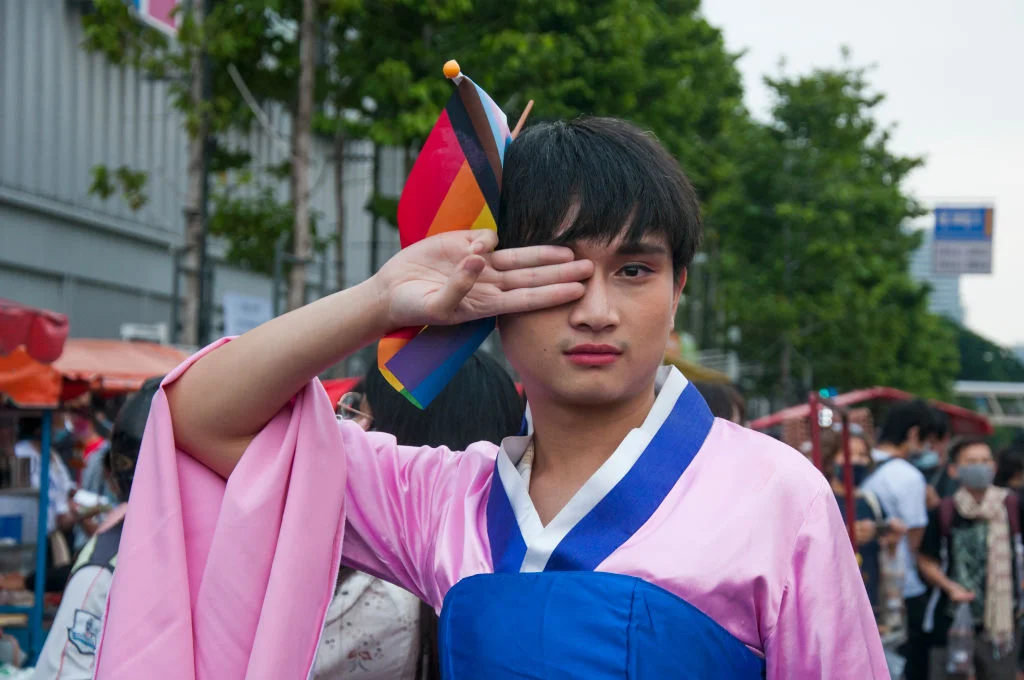
In some countries, LGBT individuals face criminal charges for their sexual orientation or gender identity, which can lead to imprisonment or even the death penalty.
People who identify as LGBTIQ+ have significantly higher rates of depression and anxiety. The experiences of Annaliese, Gina, Marlee, Rob, Sally, and Shane are shared their real life stories, as well as how they overcame sadness and/or anxiety.
Challenges in Addressing LGBT
Addressing LGBT related issues can be challenging for a variety of reasons. One challenge is a lack of legal protection for such individuals in many countries. In some places, laws that criminalize same-sex sexual activity or gender non-conforming behavior are still in effect.
Additionally, there is often a lack of political will to address LGBT issues. In some countries, politicians are hesitant to support LGBT rights due to cultural or religious norms, or fear of losing support from conservative constituents.
Finally, addressing LGBT issues can be difficult because of the stigmatization of such individuals. Many people still hold negative attitudes towards LGBT individuals, which can make it difficult to enact change.
Trends in the West Regarding LGBT
The trend in the Western world regarding LGBT has been toward greater acceptance and legal protection for its individuals.
In recent years, countries such as Canada, the United States, and the United Kingdom have legalized same-sex marriage and enacted laws to protect LGBT individuals from discrimination.
Additionally, many corporations and organizations have adopted policies to support LGBT individuals and create inclusive workplaces. However, even in the West, there is still work to be done to fully address LGBT related issues.
Culture and Religious Misfit
The issue of LGBT also involves cultural and religious factors that shape societal attitudes towards non-heterosexual orientations and gender identities.
In many cultures and religions, non-heterosexual orientations and gender identities are perceived as deviant, immoral, or even criminal.
For instance, in some Muslim-majority countries, homosexuality is punishable by death, and the social stigma against non-heterosexual orientations is pervasive.
Similarly, in many Christian denominations, non-heterosexual orientations are seen as a sin and a deviation from the norm. The debate over the acceptance of LGBT individuals in religious communities is complex and often contentious.
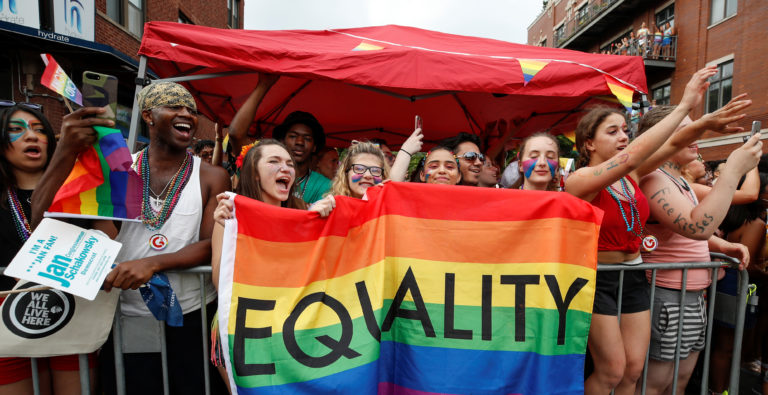
Many religious leaders argue that they are merely upholding traditional values and that allowing LGBT individuals to participate in religious ceremonies would compromise the integrity of the faith.
Others argue that religious teachings should be interpreted more broadly to be inclusive of all individuals.
The issue of LGBT also intersects with other forms of discrimination, such as racism, classism, and ableism. For example, LGBT individuals who belong to marginalized groups, such as people of color or low-income communities, may experience compounded discrimination due to their intersecting identities.
Similarly, LGBT individuals with disabilities may face additional barriers to accessing healthcare or employment due to ableist attitudes.
Future of LGBT
The future of LGBT is uncertain, and it is difficult to predict or estimate what will happen in the coming years. However, some trends can be observed that may shape the trajectory of LGBT related issues in the future.
For example, the increasing visibility of LGBT individuals and the growing acceptance of non-heterosexual orientations and gender identities among younger generations may lead to greater societal acceptance of LGBT individuals.
However, there are also concerns that backlash against LGBT rights may continue to grow, particularly in regions where non-heterosexual orientations and gender identities are viewed as a threat to traditional values or national identity.
Furthermore, some LGBT individuals may continue to face discrimination and marginalization in employment, housing, healthcare, and other areas of life.
To address some of these issues, it is crucial to continue to advocate for LGBT rights and raise awareness about the discrimination and marginalization that LGBT individuals face.
It is also important to work towards creating inclusive policies and practices that promote equity and justice for all individuals, regardless of their sexual orientation or gender identity.
Where We Are Heading
The issue of LGBT is complex and multifaceted, involving societal, cultural, and religious factors that shape attitudes and behaviors toward non-heterosexual orientations and gender identities.
While progress has been made in recent years in advancing LGBT rights and reducing discrimination, challenges remain in addressing LGBT related issues.
To move forward, it is important to continue to engage in open and honest dialogue about the issues at hand and work towards creating inclusive policies and practices that promote equity and justice for all individuals.
By doing so, we can create a more just and equitable society that values diversity and celebrates the richness of the human experience in all its forms.

